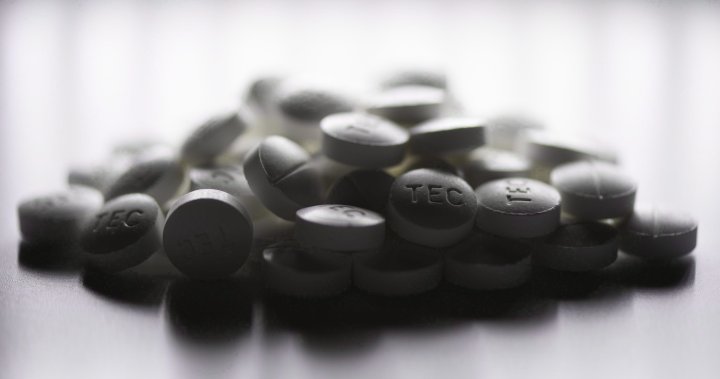
‘Safer supply’ programs necessary to save lives amid overdose crisis: Saks
Global News
Data shows a majority of overdose deaths between January and June 2023 involved fentanyl, an opioid experts warn has become increasingly tainted with even more toxic substances.
Canada’s mental health and addictions minister believes fear and stigma are driving criticism of the government’s decision to support prescribing pharmaceuticals to drug users to combat the country’s overdose crisis.
Yamari Saks attributes growing pushback to most harm reduction strategies — including federal funding for what are referred to as safer supply programs and the operation of supervised consumption sites — to the discomfort, she says, many feel toward a reality they can no longer ignore.
“The debate is hard because people have looked away and they can’t look away anymore,” she told The Canadian Press in a recent interview.
That reality would be the country’s skyrocketing number of overdose deaths. The Public Health Agency of Canada said drug overdoses killed an average of 23 people each day last year. More than 40,000 people have died from opioid-related deaths since 2016, which is when the federal agency began collecting such data.
Data shows a majority of overdose deaths between January and June 2023 involved fentanyl, an opioid experts warn has become increasingly tainted with even more toxic substances.
In just the last two months alone, police and health officials in Saskatchewan, Thunder Bay and Belleville, Ont., have warned about opioids, mostly fentanyl, laced with an animal tranquillizer known as xylazine. Dealers often lace fentanyl with other substances because it’s cheaper than providing pure opioids.
The overdose crisis worsened during the COVID-19 pandemic, with border closures leading to a more contaminated drug supply and health restrictions resulting in a lack of access to addictions services and an uptick in people using alone, as well as in heavier doses.
That led the federal government to allow users deemed to be at high risk of overdosing to instead be prescribed pharmaceutical alternatives as opposed to taking toxic street drugs — an approach known as providing safer supply.











